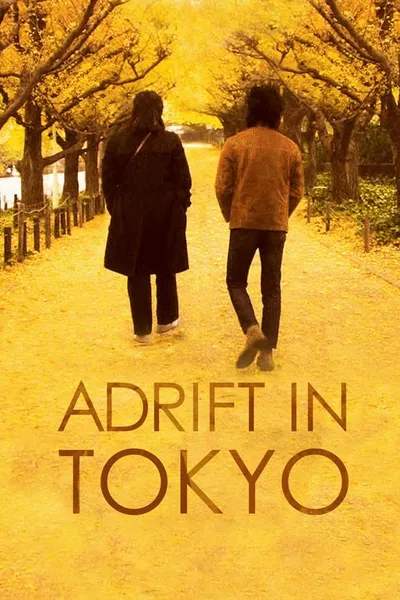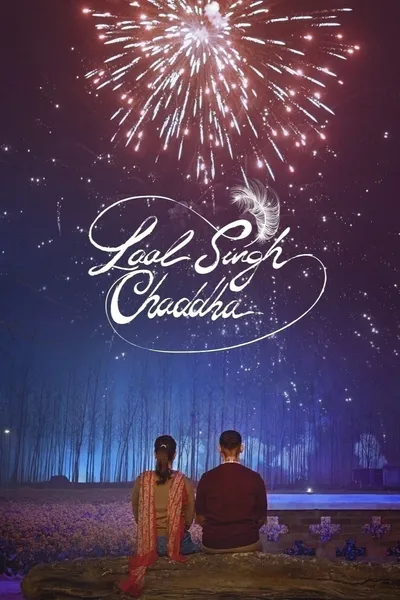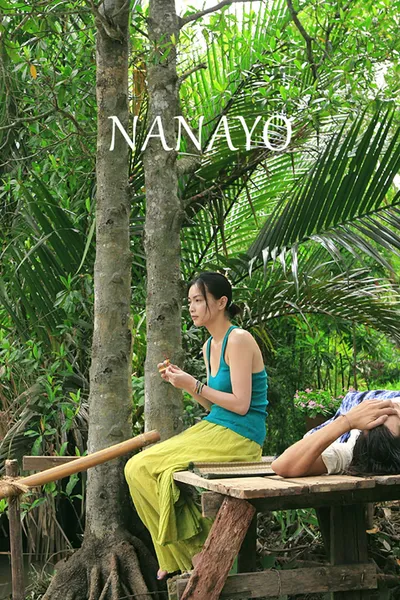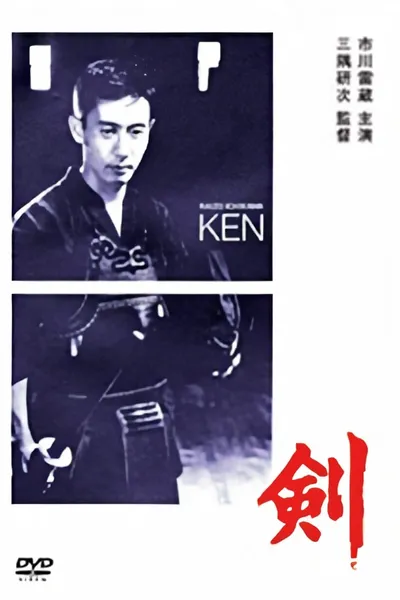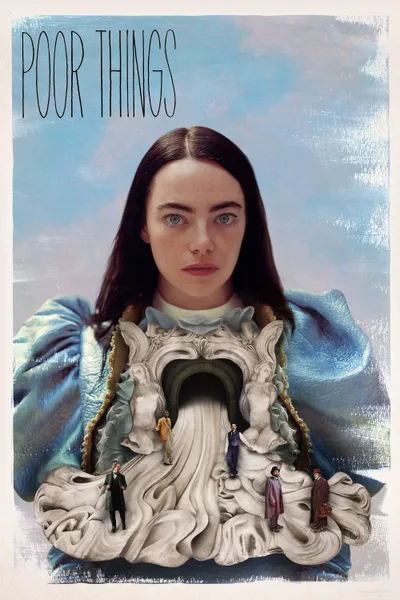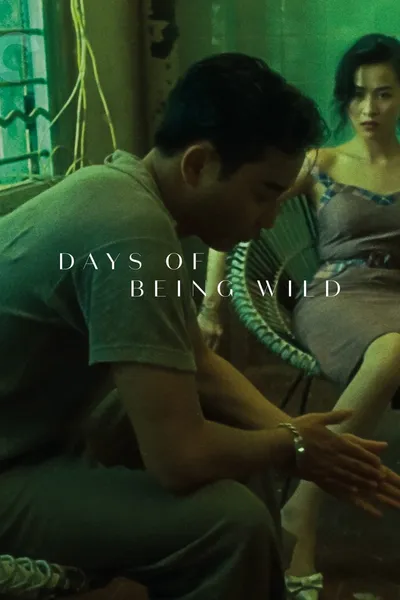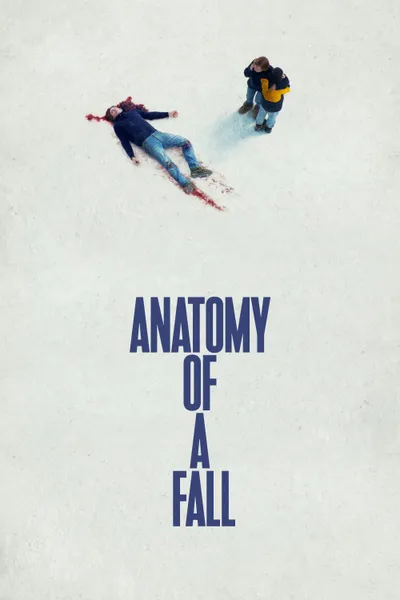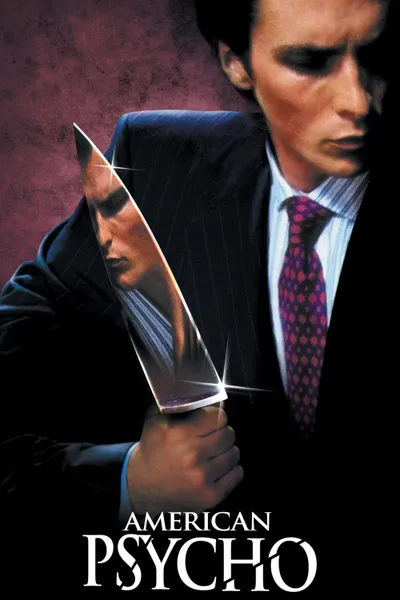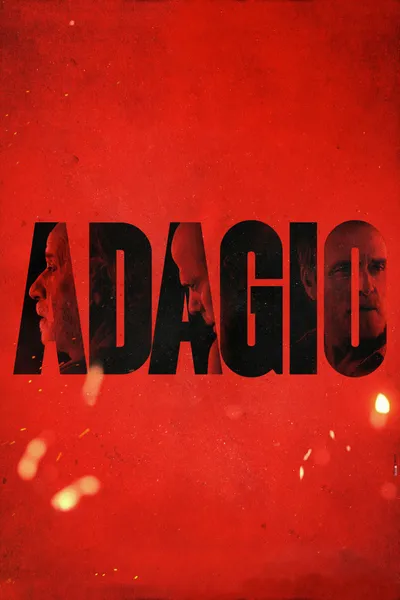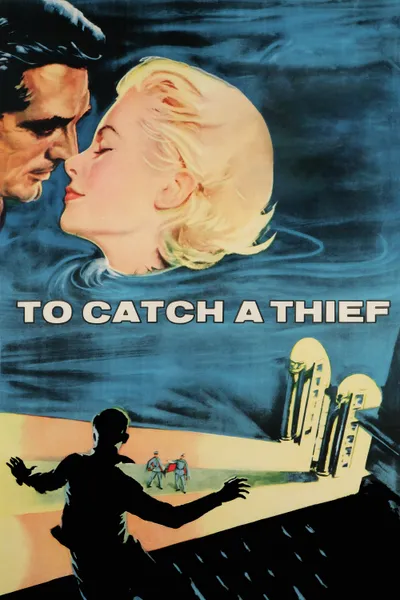Reviews
badelf
December 27, 20218.0
I interpret this film as a slow, meditative thesis on the wabi-sabi of generational change. Like the fleeting cherry blossoms, the Japanese have reverence and respect for impermanence and imperfection. In the middle of the film, we heard an older man ask "How will our young find someone to marry (if the railroad is not built)?" Everyone is aware of the traditional village dissolving, yet only Kozo is unable to live with this. He disappears. Yasuyo moves away taking Machiko with her. Eisuke, who was, and still is, afraid of the ghosts in the tunnel (the past?) decides to remain in the village, perhaps only because the tradition of living with family still resides in him. We in the Western world do not seem to appreciate the trajectory of change in our own culture. Even viewed through the lens of our contemporary ADD, this film is good.
Recommendation Movies
No Man's Land2001
Adrift in Tokyo2007
Laal Singh Chaddha2022
Nanayo2008
Roads to Koktebel2003
Ken1964
Wonder Woman 19842020
Poor Things2023
Oppenheimer2023
Days of Being Wild1990
Anatomy of a Fall2023
Barbie2023
American Psycho2000
Dune: Part Two2024
Adagio2023
Once Upon a Time... in Hollywood2019
To Catch a Thief1955
L'Âge d'or1930
Tenet2020
Django Unchained2012
© 2024 MoovieTime. All rights reserved.Made with Nuxt


